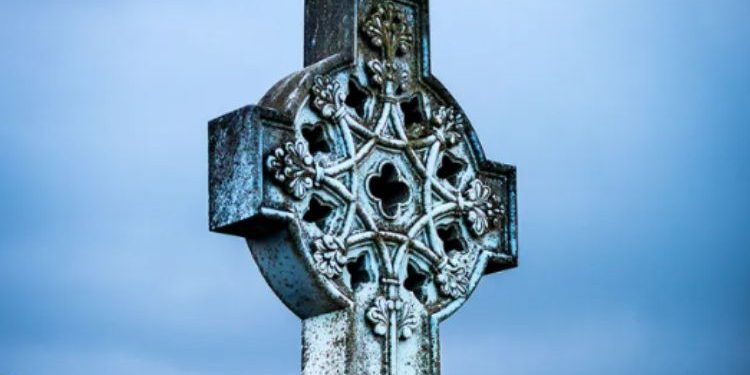Introduction:
The ancient Celtic religion is a fascinating tapestry of beliefs, practices, and traditions that once thrived across a vast expanse of Europe. Rooted in nature and the cycles of the natural world, the Celtic spiritual path offered a unique perspective on life, death, and the mysteries of the universe. In this article, we will embark on a journey to explore the intricate details of the Celtic religion, shedding light on its origins, core beliefs, deities, rituals, and its enduring impact on modern spirituality.
I. Origins And Influences:
The roots of the Celtic religion can be traced back to the Iron Age, flourishing among the Celtic tribes that inhabited regions now encompassing Ireland, Scotland, Wales, Brittany, and parts of England. The Celts were deeply connected to the land, viewing it as a sacred space filled with spirits and gods. Their beliefs were shaped by a syncretic fusion of indigenous beliefs, animism, and influences from neighboring cultures.
II. Deities And Mythology:
Central to the Celtic religion were their deities, representing various aspects of life and nature. Some of the prominent gods and goddesses include Danu, the mother goddess; Lugh, the master of skills; Brigid, the triple goddess of healing, poetry, and smithcraft; and Cernunnos, the stag god of the wild. Celtic mythology is rich with captivating tales of heroic deeds, divine interventions, and magical creatures like fairies, banshees, and dragons.
III. Sacred Sites And Rituals:
Celtic religious practices often took place at sacred sites, such as stone circles, hillforts, and wells, which served as portals to the Otherworld. Rituals were conducted to honor the deities, seek their blessings, and celebrate important events like seasonal festivals – Imbolc, Beltane, Lughnasadh, and Samhain. These ceremonies involved offerings, feasting, dancing, and communal gatherings, strengthening the bond between the Celts and their gods.
IV. Druids And Spiritual Leaders:
At the heart of Celtic religious life were the Druids, revered as the spiritual leaders, teachers, and advisors of the community. Possessing deep knowledge of nature, magic, and divination, the Druids played a pivotal role in preserving and passing on the sacred traditions from one generation to the next.
V. The Decline And Revival:
With the expansion of the Roman Empire and the advent of Christianity, the Celtic religion faced significant challenges. As Christianity spread across Celtic lands, many aspects of the old religion were absorbed, adapted, or discarded. The once prominent Druids became marginalized, and the sacred sites lost their spiritual significance.
However, the spirit of the Celtic religion refused to fade entirely. In more recent times, there has been a revival of interest in Celtic spirituality, driven by a desire to reconnect with nature and ancient wisdom. Contemporary Pagans and spiritual seekers find inspiration in the old ways, adapting them to suit modern beliefs and practices.
Conclusion:
The Celtic religion stands as a testament to the profound connection the ancient Celts had with the natural world and the divine. Their beliefs, rituals, and mythologies provide us with a glimpse into the depth of human spirituality and the timeless quest for understanding the mysteries of existence. As we continue to explore and appreciate the legacy of the Celtic religion, may we be inspired to cultivate a deeper reverence for nature and our place within the grand tapestry of the universe.
FAQs:
Q1: Are there still practicing Druids today? A1: Yes, there are individuals and groups who identify as modern Druids, drawing inspiration from ancient Celtic traditions. These modern Druids often embrace ecological values, reverence for nature, and the pursuit of wisdom.
Q2: What role did women play in the Celtic religion? A2: Women held significant roles in the Celtic religion. They were priestesses, healers, warriors, and even rulers. Celtic mythology includes powerful goddesses, and historical records mention female religious leaders and warriors, such as the famous Boudicca. Women were respected for their wisdom and contributions to the community.



